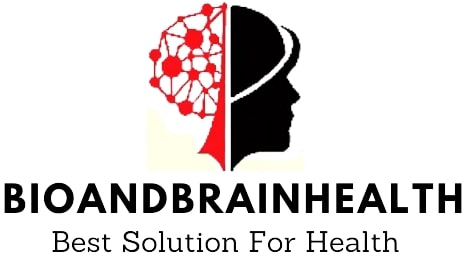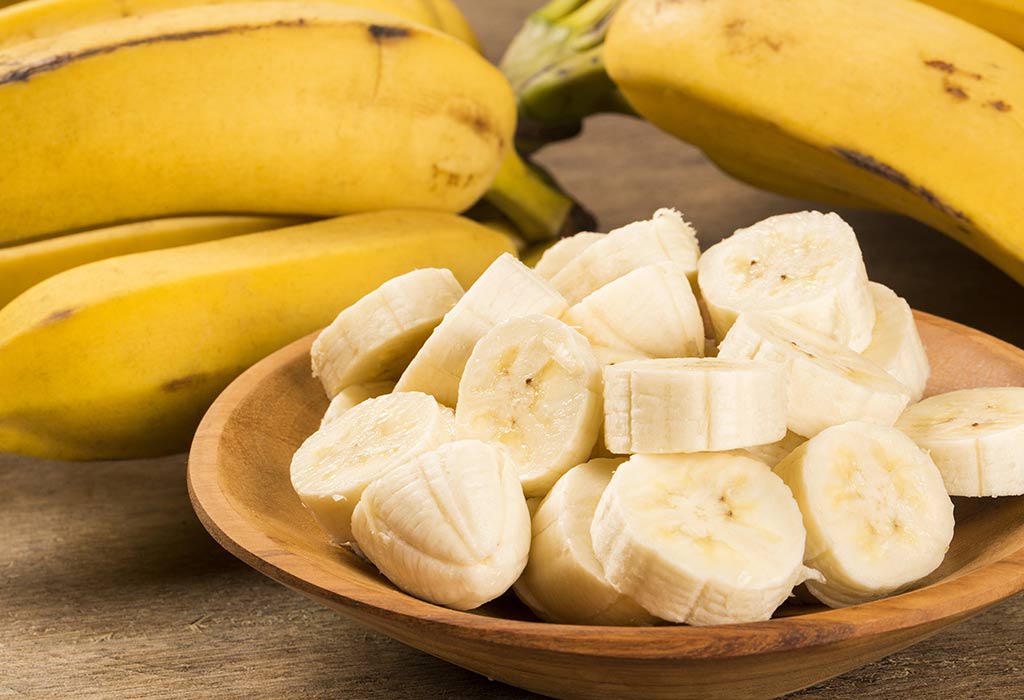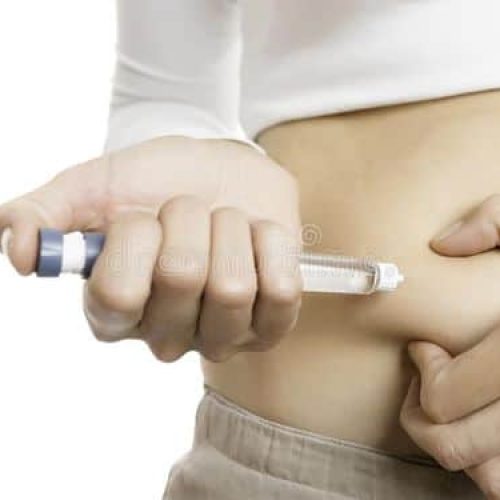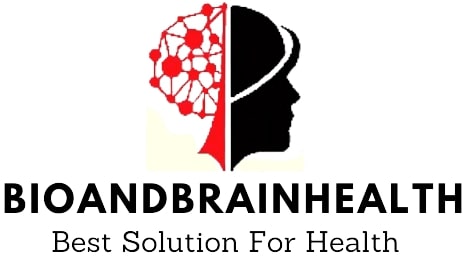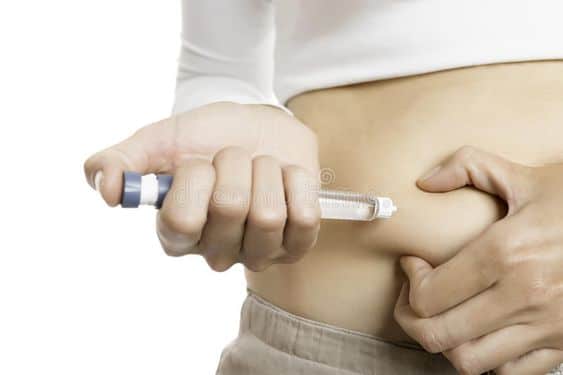Does a banana increase blood sugar? Banana blood sugar, bananas, and blood sugar. Do bananas lower blood sugar? Do bananas affect blood sugar?
Keeping your blood glucose levels stable and attainable is vital when you have a polygenic disorder.
Facilitating good blood glucose management will forestall or slow the progression of several of the most common medical complications of polygenic disorder.
For this reason, avoiding or eliminating meals that induce blood glucose rises is vital.
Despite being a healthy fruit, bananas are pretty high in carbs and sugar and contain the most nutrients that raise blood glucose levels.
This article investigates whether or not you’ll eat bananas if you have a polygenic disorder, as well as whether or not they affect your blood glucose.
Please Read This blog: is-it-good-to-eat-banana-in-the Morning?
Bananas contain carbs that raise blood glucose.
If you have a polygenic disorder, being tuned to the quantity and sort of carbs in your diet is vital.
This is because carbohydrates affect blood sugar more than other foods.
Those without a polygenic disease produce an internal secretion response to a spike in blood glucose levels.
This facilitates the transportation of glucose from the bloodstream into the cells, where it is either used or stored.
However, this method doesn’t work because it should be in individuals with polygenic disorder.
Instead, the body doesn’t turn out enough internal secretion, or the cells are immune to the internal secretion created.
Without correct polygenic disorder management, you will have blood glucose spikes when ingesting high-carb foods or have perpetually high blood glucose levels, each of which is unhealthy.
Blog: Please Read This: Are bananas good or bad for you?
How much sugar is in a banana?
A medium banana may contain twenty-nine grams of carbohydrates and 112 calories (about 126 grams).
Sugar, carbohydrate, and fiber all make up the carbs.
Consider the sugar content of a medium banana, which may have 15 grams. Bananas contain easy carbs, which may cause blood glucose levels to rise over alternative nutrients.
Please Read This blog. -bananas-fattening-for-weight-loss
Banana fiber aids with blood sugar regulation.
A medium banana may contain three grams of fiber, carbs, and sugar.
The health benefits of dietary fiber make it a priority for everyone, even those with polygenic diseases. However, people with polygenic disease have a heightened need for fiber.
Carbohydrates will be absorbed and digested more slowly. Reduced glucose spikes and better glucose control are potential outcomes.
The glycemic index may predict how a carbohydrate meal would affect blood sugar levels (GI).
Foods are ranked on the GI scale based on how much and how fast they increase blood sugar.
The range of possible scores is 0-100, which may break down in the ways described below.
1. Low GI: fifty-five or less
2. Medium GI: 56–69
3. High GI: 70–100 Diets supported by low-GI foods are considered sensible for individuals with type 2 polygenic disorder.
This phenomenon occurs due to consuming low-glycemic index (GI) meals, which are digested and absorbed slower, leading to a steady increase in blood glucose levels rather than a sudden and significant surge.
Depending on maturity, bananas have a GI between 42 and 62, making them food with a medium GI.
Despite being heavy in sugar and carbs, bananas also contain fiber.
This implies the sugars in bananas are very slowly digestible and absorbed, which might forestall blood glucose spikes.
Please Read This Blog: should-you-eat-a-banana-after-a Workout?
Green (unripe) bananas contain resistant starch.
A banana’s total number of these carbohydrates indeed fluctuates with its stage of development.
Green bananas, often known as unripe bananas, contain a significant amount of resistant starch and have a reduced sugar level.
Resistant starches are long chains of aldohexose (starch) that are “resistant” to digestion within the upper part of your gastrointestinal system.
Consequently, they operate similarly to fiber, inhibiting an increase in blood glucose levels.
Moreover, they may make it easier to fuel the beneficial bacteria already in your digestive tract, which is linked to enhanced metabolic health and better control of blood sugar levels.
A 2015 study on blood glucose management in girls with sort 2 polygenic disorder found some fascinating results.
During an 8-week duration, those who supplemented with resistant starch exhibited superior blood glucose regulation compared to those who did not supplement.
Other studies have indicated that resistant starch could benefit individuals with two polygenic disorders, like rising internal secretion sensitivity and reducing inflammation.
The role of resistant starch in type 1 polygenic disorder needs to be clarified.
Please Read This blog about the benefits of banana bread
A banana’s effect on blood glucose depends on its maturity.
Ripe yellow bananas have far more sugar than their green counterparts, which is quickly absorbed by the body.
Therefore, ripe bananas may raise blood sugar levels more quickly than green bananas because of their higher GI.
In addition, resistant starch, found in green (unripe) bananas, does not increase blood glucose levels and aids with semipermanent blood glucose regulation.
On the other hand, yellow (ripe) bananas contain a lot of sugar so that they could cause a much more significant rise in blood glucose.
Sugar? Do bananas affect blood sugar?
Do bananas increase blood sugar? There is some debate on whether or not bananas affect blood sugar levels.
Some people believe they do not have an effect, while others believe they can raise blood sugar levels.
There is no conclusive answer since it might vary based on an individual’s unique metabolism.
If you are concerned about how bananas affect your blood sugar levels, speaking with a doctor or registered dietitian is best.
Bananas are a very nutritious food and may contribute to a healthy diet.
Individuals with diabetes should exercise caution while consuming bananas due to their potential impact on blood glucose levels.
Bananas contain carbohydrates, which your body breaks down into sugar. So, if you eat a banana, your blood sugar levels will rise.
If you have diabetes, you should talk to your doctor or dietitian about how many bananas you can eat and when you should eat them.
Do bananas affect blood sugar? You may need to monitor your blood sugar levels more closely if you eat bananas and adjust your insulin dosage accordingly.
Do bananas affect blood sugar? Bananas are healthy for most people, but if you have diabetes, eat them in moderation and monitor your blood sugar levels.
Portion size is vital; does banana increase blood sugar?
Does a banana increase blood sugar? Ripeness isn’t the sole issue once it involves the quantity of sugar in your banana; size additionally matters.
Carbohydrate content may increase with banana size. This means an enormous banana can have a more significant effect on your blood glucose level.
The glycemic load describes the impact of portion size on blood sugar levels.
To determine a food’s glycemic load, multiply the food’s GI by the variety and quantity of carbohydrates in a single serving and divide by 100.
The low score is 10 or less, the medium is 11 to 19, and the high is 20 or more. The size of bananas ranges from around 18.5 to 35 grams.
The glycemic load of a ripe banana (with a GI of 62) may range from eleven for a very little banana to twenty-two for a giant banana.
Keeping your blood sugar levels from rising too high requires paying attention to the size of the banana you eat.
The glucose concentration in your bloodstream is contingent upon the size of the banana you consume. An enormous banana means a larger carbohydrate intake and a more significant rise in blood sugar.
Do people with diabetes need to avoid bananas?
Dietary recommendations for polygenic disorder often include eating healthily and regularly, including fruit.
This is because ingesting fruits and vegetables has been linked to higher health and a lower risk of conditions like cardiovascular disease and a few cancers.
People with polygenic disorders have a higher risk of developing these diseases. Therefore, the ingestion of enough fruits and vegetables is vital.
In addition, unlike sweetening products like sweets and cake, the carbohydrates in fruits like bananas come with fiber, antioxidants, vitamins, and minerals.
Therefore, bananas are an excellent food choice since they contain many beneficial elements.
Moreover, they have several helpful plant chemicals and antioxidants.
For most individuals with polygenic disorder, fruits and bananas are a healthy selection.
However, some who followed low-carb diets watched their total macromolecule intake remain within their daily carb allotment.
This implies foods high in carbs and bananas should be restricted to low-carb diets.
If your doctor says you’ll eat bananas, it’s vital to be conscious of the maturity and size of a banana to scale back its effect on your blood glucose level.
Fruits like bananas are high in fiber, vitamins, and minerals and are thus suitable for you. Diet: You’ll embrace bananas in your diet even though you have a polygenic disorder.
Sit down with your attention team before dynamically adjusting your ingestion setup.
Final Thought
If you have a polygenic disorder, it’s possible to get pleasure from fruit like bananas as part of a healthy ingestion setup.
Does a banana increase blood sugar? So, banana lovers, here are some ways to lessen the impact that eating them has on their blood sugar levels:
1. Don’t overdo it with the serving sizes. To lessen the sugar load, eat a banana that isn’t quite as large.
2. Choose a firm, almost ripe banana. Decide on a less ripe banana so the sugar level is slightly reduced.
3. Additionally, consume fruit at various intervals throughout the day. Detached your fruit consumption to aid in cutting down the glycemic load and regulating your blood glucose levels.
4. Eat them with alternate meals. Get pleasure from your bananas with alternative meals, like balmy or full-fat yogurt, to aid in decreasing the digestion and absorption of sugar.
If you have a polygenic disorder, consider that carb-containing foods will otherwise affect people’s blood sugars.
Therefore, you may observe how the ingestion of bananas affects your blood glucose and alters your ingestion habits.
